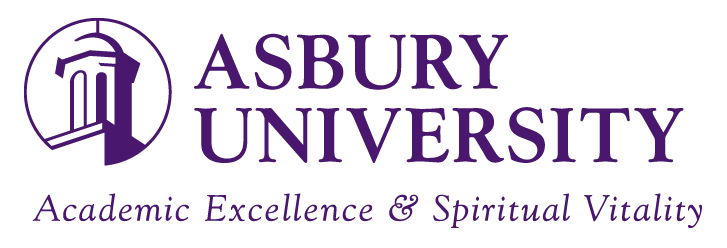June 2021 INCHE feature: Lumina College Celebrates Five Years of its Development in Hong Kong
- luminacollege

- Jul 5, 2021
- 3 min read
December 17, 2015 was the day of Lumina College’s inauguration ceremony. Over the past five years, a journey has followed that is still unfolding. In the wake of the 2008 global financial crisis, a seed began to form. The four founders — Rev. Dr. Paul Li, Dr. Bill Tsang, Rev. Dr. Tsoi Yam Keung, and Dr. Leung Wing Tai — considered the possibility of starting a Christian university in Asia, a daunting task. But they were sure of their mission: to place the soul back into higher education by cultivating a Christian mind among students. The Bible implores Christians not to conform to this world but to renew our minds (Romans 12), lest we be darkened by mere intellect and become worldly in character and behavior. Christian educators, as descendants of Abraham, are called by God to cultivate leaders. The vision of Lumina College is to nurture a generation of leaders with Christian worldviews to create culture by being salt and light in the world.
Lumina, meaning light, was the chosen name as it suggests the spirit of enlightening the mind; and the college became a community of learners exploring the world of God through the lens of Christian faith. A strong emphasis is placed on worldview formation, learning the deep structure of things, human relationships, and inspiration for awakening. Lumina College has three core values: coherency in worldview; creativity in culture making; and commitment to serve God and others.
Educational Programs
From the beginning Lumina College sought partnerships with global universities for master’s programs: Wheaton College for a Master of Arts in Intercultural Studies; Calvin University for a Masters of Education; Asbury University for a Master of Arts in Digital Storytelling; and Cairn University for a Masters of Business Administration. These programs are global in nature, while also catering to local contexts. The learning model is hybrid, with face-to-face classes as well as online learning.
Also, two local diploma programs have been launched from which the first two batches of students have graduated. These programs include topics such as spirituality in the media, history of church in social context, worldviews and Christian identity, integration of faith into academic disciplines, as well as review and engagement with the cultures of China, the West, and developing nations.

Connecting through dialogues, seminars, and conferences
Lumina College hosted an international conference titled “Christian Mind in the Emerging World: Faith Integration in Asian Contexts and Global Perspectives.” Forty participants from five continents attended. The dialogues from the conference were published as a book. With recent challenges such as the pandemic and radical social changes, corporations have sought Lumina College for professional staff development. College-based leaders have conducted corporate learning series on “Character Values: Worldview for Future Leaders”, teacher development for a number of secondary schools, and a social education series on “Value Education” for about twenty schools.
Lumina College, in collaboration with The University of Hong Kong’s Faith and Science Collaborative Research Forum, also has conducted three year-long professional development series: “Redeeming Technology,” “The Future of Business in a Technological Age,” and “Higher Education in a Machine Age.” Participants were faculty, pastors, and business leaders — primary change agents in their circles.
The Lumina story has just begun. It is an embryonic college and needs great cultivation and care. Yet Lumina leaders praise God, who laid the foundational stones for Christians in Hong Kong. Their prayer is that God may lead Lumina College into partnerships to serve the church and society.
Contact is the official newsletter of the International Network of Christian Higher Education (INCHE). INCHE is a network of institutions and individuals worldwide committed to advancing Christian education through training, capacity building, scholarship, and net- working in ways that reflect both the universal (shared view of Christ’s centrality in our identity and work) and the local (attending to the specific realities and practices of where and who we serve).














Comments